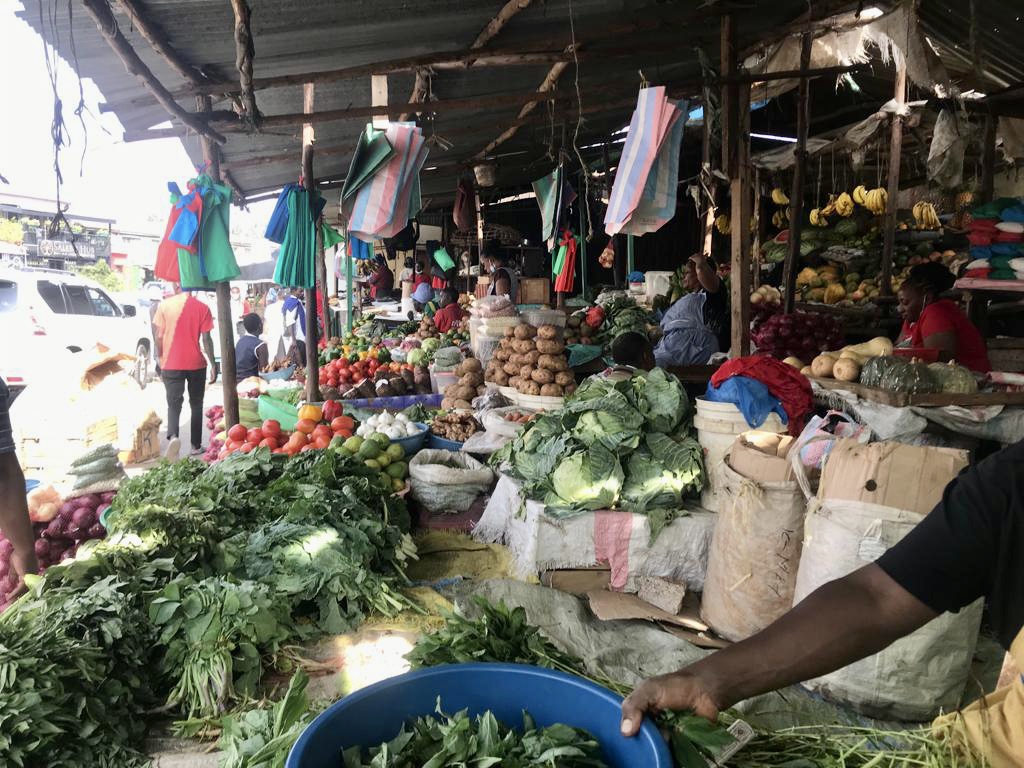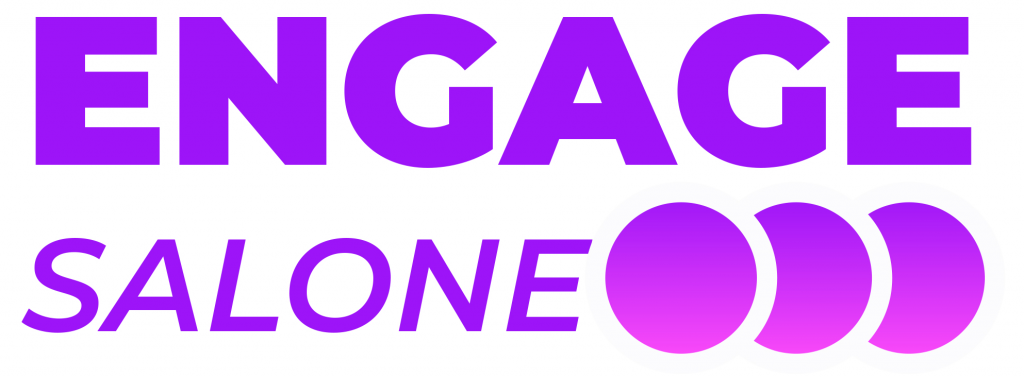Tin tranga! Tin tranga! That is the new national anthem as hardship grips the nation. The cost of essential commodities keeps soaring, making the cost of living unaffordable for many. From food to fuel and utilities to higher education, everything is going out of the reach of the average Sierra Leonean. Even those with deep pockets (and there aren’t many) are feeling the pinch. What is the government doing?
According to Statistics Sierra Leone, Consumer Price Inflation stood at almost 45% in July this year. When you focus on food and non-alcoholic beverages alone, you get a staggering 59.93% for the same month. These figures are alarming, but the reality of people, as far as the cost of living is concerned, is even more terrifying, with high levels of hunger and food insecurity. According to the World Food Programme, 78% of the country’s population is food insecure.
In only a few months, there has been a significant increase in fuel prices. The cost of electricity is set to increase. Last year, the cost of telecoms services—calling credit and mobile data—also increased significantly. Whether eating at a cookery baffa or a posh restaurant, you will still pay a lot more today. Recreation is a pure luxury.
The rising cost of living, especially food and energy, is commonly attributed to global market forces and, more recently, to the coronavirus pandemic and the ongoing Russo-Ukrainian war. While all of this might make sense, it is helpful only to an extent and is irrelevant to the people who struggle to live day by day. While global food and fuel prices decreased in 2022, Sierra Leoneans experienced a steady hike as the Leone depreciated by 60% in 2022. The economy has been in bad health for the most of the last five years, and according to the World Bank, inflation and currency depreciation reached record levels. So, the “global” argument passed on from government to government does not really pass muster.
In all of this, the government’s behaviour is very hard to understand and accept. It is a state of austerity for everyone but the government. It is business as usual with an expanding wage burden—new and additional appointees, new institutions and offices, new big cars and lavish spending. Thanks to the ensuing pressure of Bretton Woods and a broke State that constantly needs money, subsidies are being removed on fuel. You struggle to see the effort the State is making to cut costs. Everybody else bears the biting hardship while political state appointees get subsidised by the same State that is taking away subsidies from the poor. A teacher must hassle their way to work with very high transport, while senior state officials enjoy the comfort of a chauffeur-driven guzzler, with fuel paid for from the taxes of the poor teacher.
Government institutions have normalised renting private properties for office use at the taxpayer’s expense, while many public buildings remain underutilised or neglected. No one is interested in cutting those costs; the poor have to pay for it. Government events continue to be held at posh venues with overpriced catering. Constant supply of free fuel to officials at the expense of the taxpayer. Let’s not even talk about the expensive overseas trips on chartered planes.
Until radical cuts to wasteful spending are made, the government will have no ground to stand on to offer plausible explanations for the hardship. It is possible that such cuts would not solve the problem. Still, the people should be able to see that their government is not only using global cost of living excuses to justify the increasing poverty but also doing something about it. In fact, we are at a point where it would make sense to declare a state of austerity and adopt comprehensive cost-cutting measures that start from the very top. With food inflation at almost 50% and a currency that is literally withering away, there is no shame in saying that we are in a terrible situation that warrants drastic cuts—not the unjustifiable and untimely removal of subsidies, but on wasteful spending that can be avoided and there is a lot of it—from the V8 Landcruisers to the trips and unnecessary events and fuel.
It is getting to a point where the government needs to stop explaining why people suffer from a constantly increasing cost of living and start taking steps and doing what responsible parents do when things are hard in the home. The discussion must no longer be about what is causing the hardship. This “govsplaining” needs to end, and there has to be a shift towards government action to cushion the impact on people.
Whatever you are up to this weekend, we hope you find your way around the streets of hardship.
About The Author
- Engage Salonehttps://staging.engagesalone.org/author/eng21_admin/
- Engage Salonehttps://staging.engagesalone.org/author/eng21_admin/
- Engage Salonehttps://staging.engagesalone.org/author/eng21_admin/
- Engage Salonehttps://staging.engagesalone.org/author/eng21_admin/


